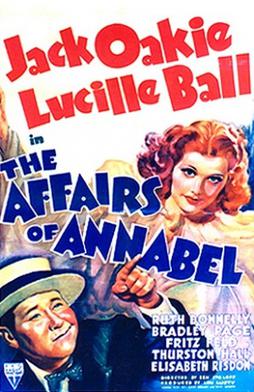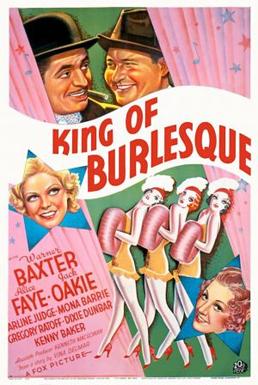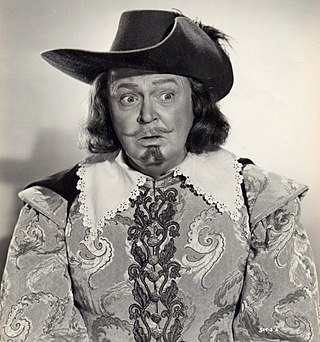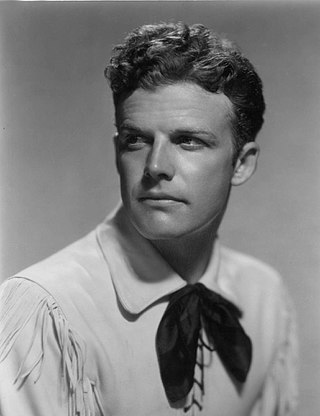Jack Oakie was an American actor, starring mostly in films, but also working on stage, radio and television. He portrayed Napaloni in Chaplin's The Great Dictator (1940), receiving a nomination for the Academy Award for Best Supporting Actor.
Jack Oakie was born in Sedalia, Missouri, at 522 W. Seventh St. His father, James Madison Offield (1880–1939), was a grain dealer, and his mother, Evelyn Offield (nee Jump) (1868–1939), was a psychology teacher. When he was 5, the Offield family moved to Muskogee, Oklahoma, the source of his "Oakie" nickname. His adopted first name, Jack, was the name of the first character he played on stage. Young Lewis/Jack grew up mostly in Oklahoma but also lived for periods of time with his grandmother in Kansas City, Missouri. While there he attended Woodland Elementary and made spending money as a paperboy for The Kansas City Star. He recalled years later that he made especially good money selling "extras" in November 1916 during the presidential election campaign that resulted in Woodrow Wilson being re-elected.
Oakie worked as a runner on Wall Street and narrowly escaped being killed in the Wall Street bombing of September 16, 1920. While in New York, he also started appearing in amateur theatre as a mimic and a comedian, finally making his professional debut on Broadway in 1923 as a chorus boy in a production of Little Nellie Kelly by George M. Cohan.
Oakie worked in various musicals and comedies on Broadway from 1923 to 1927, when he moved to Hollywood to work in movies at the end of the silent film era. Oakie appeared in five silent films during 1927 and 1928. As the age of the "talkies" began, he signed with Paramount Pictures in 1927. He made his first talking film, The Dummy, in 1929. When his contract with Paramount ended in 1934, Oakie decided to freelance. He was remarkably successful, appearing in 87 films, most made in the 1930s and 1940s. In the film Too Much Harmony (1933), the part of Oakie's on-screen mother was played by his real mother, Mary Evelyn Offield. During the 1930s, he was known as "The World's Oldest Freshman", as a result of appearing in numerous films with a collegiate theme. He was also known for refusing to wear screen make-up of any kind, and the frequent use of double-take in his comedy. Oakie was quoted as saying of his studio career: The pictures I made were called the bread and butter pictures of the studio. They cost nothing and made millions, and supported the prestige productions that cost millions and made nothing.
Oakie portrayed Benzino Napaloni, the boisterous dictator of Bacteria, in Charlie Chaplin's The Great Dictator (1940), for which he received an Oscar nomination for Best Supporting Actor. This role was a broad parody of the fascist dictator of Italy, Benito Mussolini, then in power.
| Date of Birth | 12th November 1903 |
|---|---|
| Date of Death | 23rd January 1978 |
| Age at Death | 74 Years |
| Zodiac Sign | Scorpio |
| Country | United States of America |
| Current City | Sedalia |
| Birth Place | Sedalia |
| Nationality | United States of America |
| Citizenship | United States of America |
| Spouses | Victoria Horne |
|---|
| Occupation | comedian, film actor, television actor, actor |
|---|
| Awards |
|---|
|


















